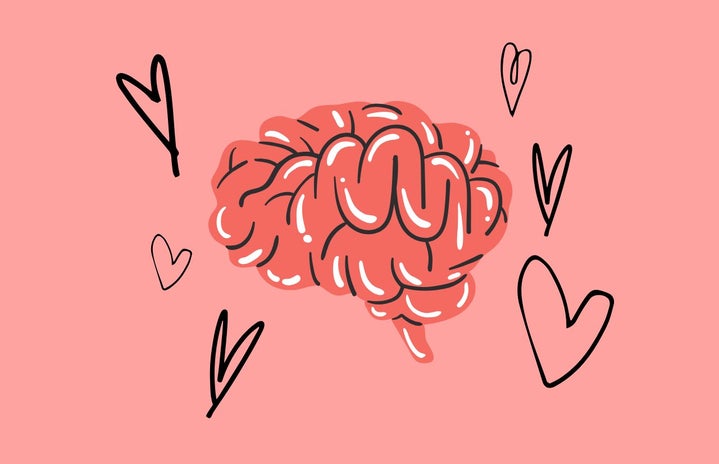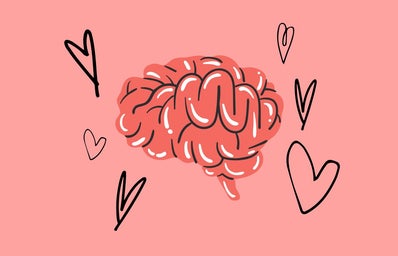On a daily basis, there are multiple events and factors that make us nervous. Being anxious and nervous are normal feelings and happen to everyone when facing problems, making decisions, accepting a hard truth, or when facing fears. But, when does anxiety become a problem? How do I know if I have an anxiety disorder? What is the difference between normal nervousness and excessive anxiety? These are questions many young people, including myself, have trouble understanding and distinguishing between. So, let us take a look at what exactly anxiety disorders are and how you can help yourself!
Firstly, it is important to understand that anxiety is more than just temporary fear, nervousness, or stress. It gets worse with time if help is not sought and can greatly affect the individual’s performance (at school, work, tasks, etc.) and activity levels. There are three main types of anxiety disorders: general anxiety disorder, panic disorder, and phobia-related disorders.
Generalized Anxiety Disorder (GAD)
People with this disorder usually have excessive worry and nervousness about multiple things for most days for at least 6 months. Symptoms include feeling constantly restless, easily fatigued, constant difficulty concentrating, irritability, muscle tension, troubles controlling emotions (especially ones of worry), and having sleeping problems (either falling or staying asleep).
Panic Disorder
People with this disorder have recurring panic attacks which are sudden intense periods of fear that come quickly and reach their peak very fast. These are usually caused by a trigger and people may experience heart palpitation, accelerated heart rate, sweating, trembling/shaking, shortness of breath, feeling of doom, and feeling like you lost control of yourself.
Phobia-related Disorders
These disorders are associated with an intense fear of specific objects or situations. This includes simple phobias such as flying, heights, etc., social anxiety disorder (excessive anxiety in social or performance situations), agoraphobia (situations where escape seems difficult like closed spaces), or separation anxiety disorder. People with this disorder experience over-thinking and excessive worry about the feared object/situation, take active steps to avoid it at all costs, experience immediate intense anxiety upon encountering the object/situations, and sometimes even endure the circumstances with constant intense worry, fear, and anxiety if the circumstance is unavoidable.
What Can you Do?
- Talk Therapy
-
Try reaching out to your friends and family and talk about the disorder. Often talking it out with someone and hearing their advice helps you feel more protected and at ease. If you’re not comfortable doing this, seek out professional therapy and counseling. There is a lot of negativity around going to therapy and it should absolutely not be something you should be ashamed of. Seek help! It is there for you and you deserve to be happy!
- Use Calming Apps and Resources
-
There are a lot of apps that use sound therapy and other strategies to help with restlessness, calming down, and sleeping well. Consider looking into ways you can express how you’re feeling and let the worry out. Try journaling, vlogging, drawing, or anything else that helps you relieve stress.
- Join A Support Group or Organizations You Feel Passionate About
-
Whether you are a student or adult there are always opportunities to join stress-management groups, student organizations, or any organization for interests you might have such as dance, baking, sports, etc. Distracting yourself while doing something you enjoy is a great way to get started!
- Seek Medical Attention and Medication
-
I know a lot of people do not want to do this and it is often their last resort, but do not be afraid to seek professional medical help if you are still unable to control your anxiety after all the methods before! Mental health is extremely important and should not be compromised. There is nothing wrong with getting professional help; in fact, it can only benefit you. If needed in some situations, doctors may even prescribe you medication to help.
Always remember that you are important! Prioritize yourself and do not be afraid to seek help and speak up for yourself. There has to be at least one person in this world feeling the same exact way you may be feeling. You are not alone! If you are currently struggling with this, use this article as a starting point and do more research. There are plenty of resources. You got this!
Source:
“Anxiety Disorders.” National Institute of Mental Health, U.S. Department of Health and Human Services, www.nimh.nih.gov/health/topics/anxiety-disorders/index.shtml.


